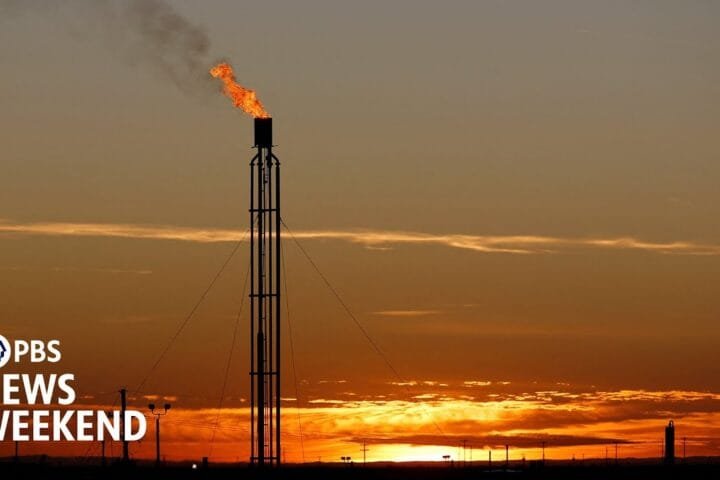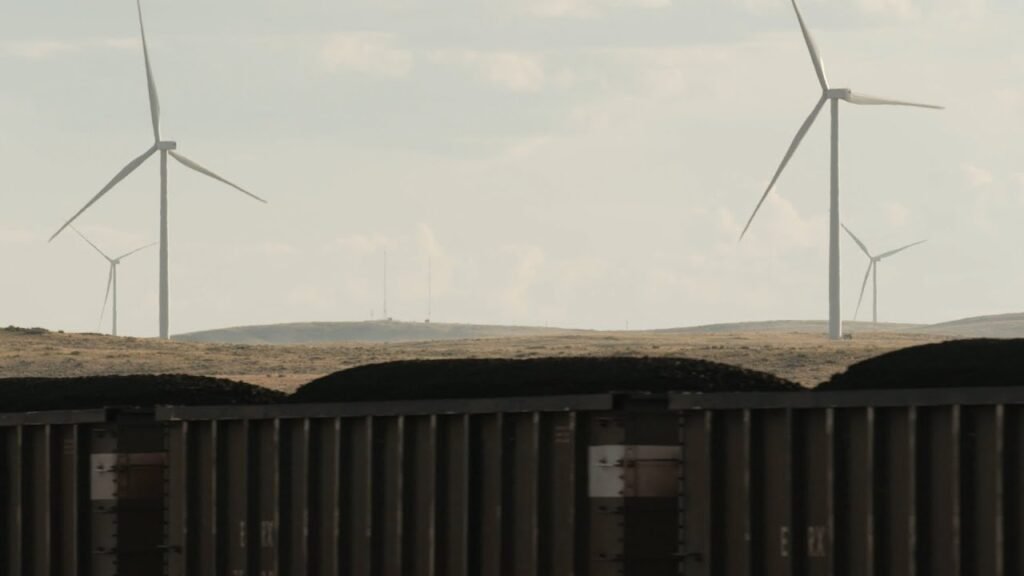After two weeks of intense negotiations and apparent stalemate in Dubai, all 198 delegates swiftly approved a breakthrough climate
agreement this morning at COP28. The deal — a culmination of a two-year process known as the global stocktake — isn’t perfect, and it was met with a mix of praise and disappointment. United Nations climate chief Simon Stiell said that while the deal doesn’t “turn the page” on fossil fuels, it marks “the beginning of the end” of the fossil fuel era. Here are five things worth knowing about the agreement:
1. It doesn’t call for a fossil fuel phase-out
The agreement avoids the
contentious “phase out” wording that nearly derailed the climate talks earlier. But it does call on countries to accelerate the transition away from fossil fuels this decade in pursuit of achieving net zero by 2050. This marks the first time a post-oil and gas future has been mentioned in a COP agreement, something that would have been “unthinkable just two years ago,” said Business Green’s James Murray.
The text also calls for tripling renewable energy capacity, phasing down unabated coal, reducing methane emissions, phasing out “inefficient” fossil fuel subsidies, and accelerating zero and low-emissions technologies including nuclear energy and carbon capture and storage.
“This sends a clear signal that the world is moving decisively to phase out fossil fuels,”
said Jake Schmidt, the senior strategic director for the Natural Resources Defense Council. “It puts the fossil fuel industry formally on notice that its old business model is expiring.”
2. It appears to greenlight natural gas
The final text features a paragraph making it clear that “transitional fuels” can play a role in the energy transition. This is likely a nod to natural gas — a fossil fuel often labeled as “clean” compared with coal but that leads to emissions of methane, an extremely potent greenhouse gas. Environmentalists worry those emissions will put net zero goals in danger, but “producers have long argued that gas should complement the roll-out of intermittent renewables, replacing dirtier fossil fuels like coal and oil,”
explained Stephen Stapczynski at Bloomberg Green.
3. It uses ‘weak’ language
One of the biggest criticisms of the deal is that it only “calls on” countries to cut greenhouse gas emissions, which some see as little more than an invitation. “It is the weakest of all the various terms used for such exhortations,”
said CarbonBrief’s Leo Hickman.
4. Saudi Arabia gave a nod of approval
Saudi Arabia was chief among major oil-producing nations to object to a call for phasing out fossil fuels, so to eke out a deal, the COP presidency had to find language that signaled progress on curbing pollution without crossing Saudi Arabia’s red line. A source
told Reuters the Saudis agreed to the deal because it offers “a menu where every country can follow its own pathway.”
5. It doesn’t do nearly enough on finance
The text lacks specific commitments from rich nations to help developing nations transition away from fossil fuels. “Asking Nigeria, or indeed, asking Africa, to phase out fossil fuels is like asking us to stop breathing without life support,” Ishaq Salako, Nigeria’s environmental minister,
told The New York Times.
The theme emerging from the reactions seems to be that this deal is good, but not nearly as good as it could have been. Former Vice President Al Gore’s lukewarm reaction […]
Read the full post at Heatmap.news.





